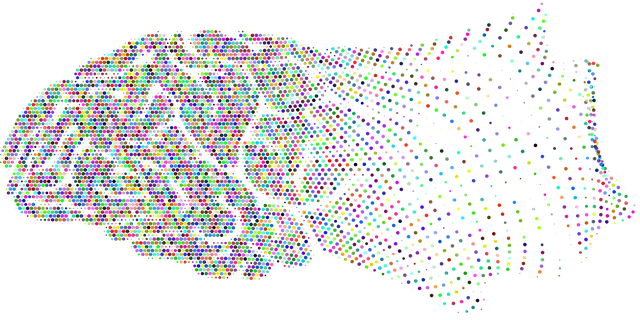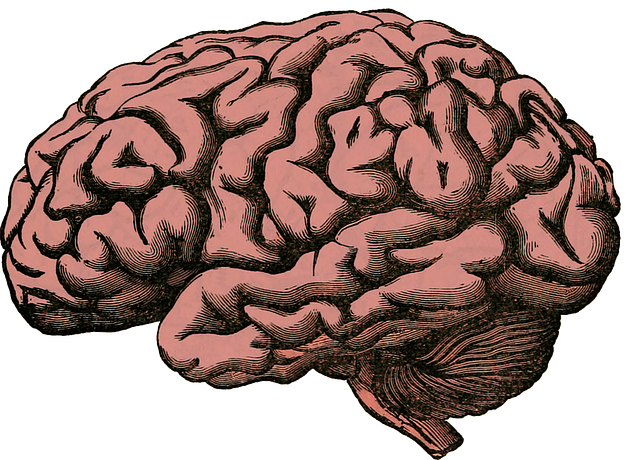Navigating risk in therapy for young children with neuro disorders requires a holistic approach, considering each child's unique profile and past experiences. This involves creating safe, supportive environments, incorporating evidence-based practices like mindfulness and positive thinking workshops, and using assessment frameworks tailored to pediatric psychology. A comprehensive plan includes play or art therapy, conflict resolution strategies, emotional intelligence, and strong therapeutic relationships built through empathy. These strategies foster resilience, enhance emotional regulation, and prevent symptom escalation, addressing the unique challenges of treating this vulnerable population, specifically in Therapy for Young Children Neuro Disorders.
In the realm of mental health, especially when treating young children with neuro disorders, risk management planning is paramount. This article delves into understanding the unique risks inherent in therapy for this vulnerable population (Understanding Risk in Therapy for Young Children with Neuro Disorders). We explore essential components of a robust risk management plan (Essential Components of a Comprehensive Risk Management Plan) and present strategies to mitigate risks, enhancing safety in mental health practice (Strategies for Mitigating Risks and Enhancing Safety in Mental Health Practice).
- Understanding Risk in Therapy for Young Children with Neuro Disorders
- Essential Components of a Comprehensive Risk Management Plan
- Strategies for Mitigating Risks and Enhancing Safety in Mental Health Practice
Understanding Risk in Therapy for Young Children with Neuro Disorders

Understanding risk in therapy for young children with neuro disorders is a nuanced task that requires meticulous planning and sensitivity. These young minds, navigating their first experiences with formal treatment, are especially vulnerable to emotional fluctuations and potential setbacks. Therapists must recognize that each child’s neurodevelopmental landscape is unique, shaped by a complex interplay of genetic predispositions, environmental influences, and previous experiences. This holistic understanding is vital for tailoring therapeutic approaches that foster resilience without introducing new sources of stress or anxiety.
Risk management in this context goes beyond simply identifying potential hazards; it involves cultivating a safe, supportive environment where children can explore their emotions, develop coping mechanisms, and build trust. Incorporating evidence-based practices such as mindfulness meditation and positive thinking techniques through Stress Management Workshops Organization can empower both therapists and young clients to navigate therapy with enhanced emotional regulation. By integrating these strategies into the therapeutic framework, professionals can mitigate risks, promote positive outcomes, and ensure a nurturing experience for children with neuro disorders engaging in therapy.
Essential Components of a Comprehensive Risk Management Plan

A comprehensive risk management plan for mental health professionals should include several essential components tailored to address the unique challenges encountered when working with young children suffering from neuro disorders. Firstly, a robust assessment framework is crucial to accurately identify risks and vulnerabilities, incorporating tools specifically designed for evaluating pediatric psychology, such as age-appropriate diagnostic criteria and behavioral observation scales.
Secondly, the plan must incorporate strategies that foster inner strength development and promote mind over matter principles. This includes integrating evidence-based therapeutic techniques, like play therapy or art therapy, which can help children express emotions, develop coping mechanisms, and build resilience. Additionally, conflict resolution techniques should be taught not only to the children but also to their caregivers, enabling better management of potentially stressful situations at home.
Strategies for Mitigating Risks and Enhancing Safety in Mental Health Practice

Mental health professionals face unique challenges when it comes to risk management, especially when working with vulnerable populations such as young children diagnosed with neuro disorders. One effective strategy for mitigating risks and enhancing safety in therapy sessions is incorporating emotional intelligence. By fostering strong therapeutic relationships built on empathy, professionals can create a safe space where children feel understood and supported. This, in turn, encourages them to openly discuss their feelings and experiences, enabling earlier intervention and more effective treatment.
Additionally, integrating mind over matter principles into therapy sessions can empower young clients to develop coping mechanisms that challenge negative thought patterns. Teaching children strategies to manage stress, anxiety, or distressing emotions not only enhances their emotional resilience but also fosters a sense of autonomy and self-efficacy. These practices are crucial in promoting mental well-being and preventing the escalation of symptoms, particularly in individuals with neuro disparities.
Mental health professionals play a crucial role in supporting young children with neuro disorders, but they must also navigate potential risks within their practice. By implementing a comprehensive risk management plan that incorporates understanding risk factors unique to therapy for young children with neuro disorders, integrating essential components such as clear communication and informed consent, and adopting strategies to mitigate risks and enhance safety, professionals can ensure secure and effective treatment. These measures are vital to foster trust, promote positive outcomes, and maintain a supportive environment for these vulnerable populations.









